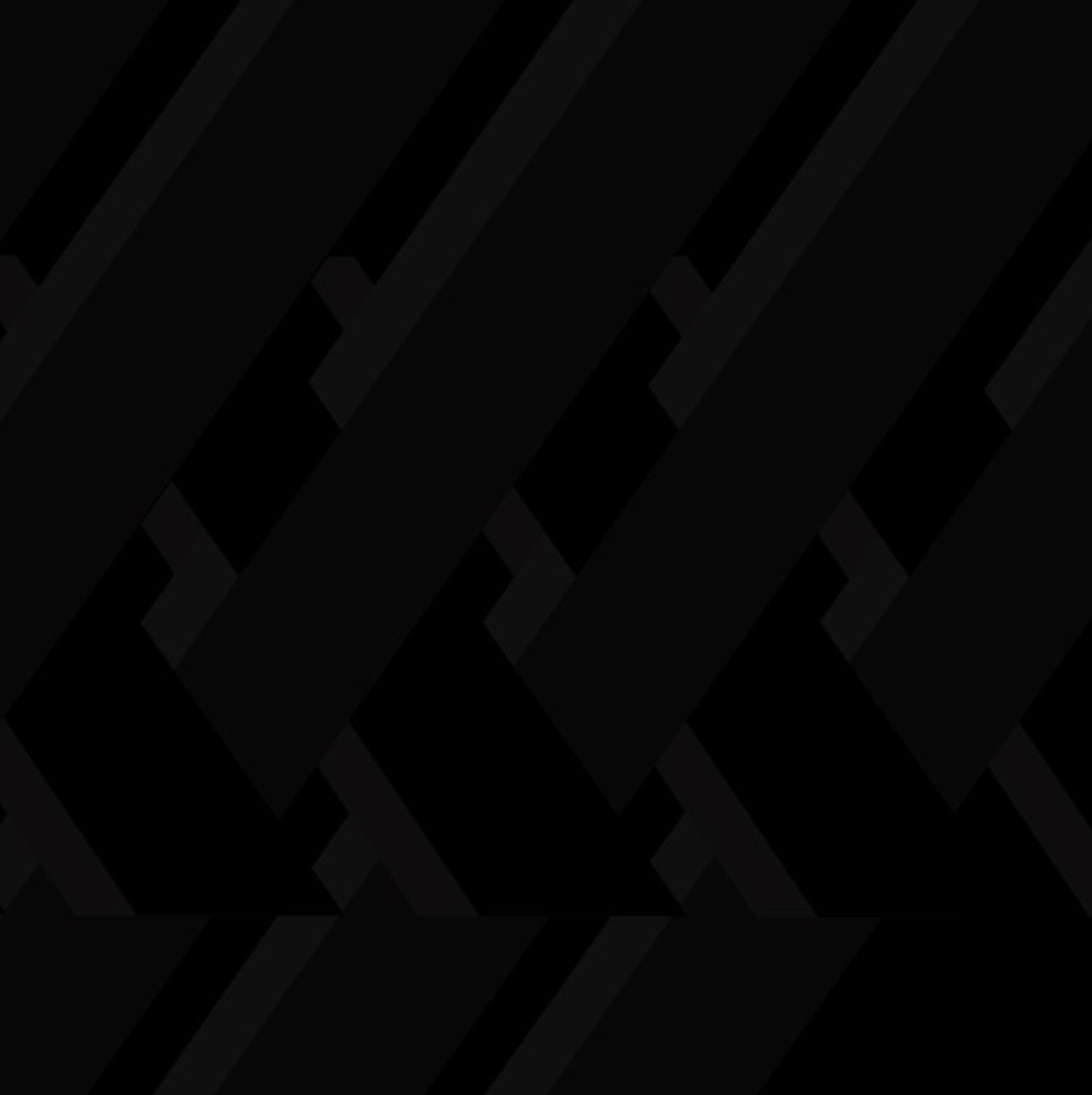
ADVISOR LOANOLOGY

Want to sell your practice to a wholesaler?
Go ahead.

Seasoned Wholesalers Acquiring Financial Practices
Selling to a Wholesaler
It’s a seller’s market, and potential buyers abound in our industry. Advisors, advisory firms, and aggregators line up as eager suitors, but there’s another meaningful connection to consider — the wholesalers you’ve worked with and trusted over the years. If you’re eyeing one of these long-time partners as a potential buyer, there’s a strong likelihood that AdvisorLoans can secure financing to make it happen. We’ve successfully funded numerous transactions where wholesalers acquired practices from advisors they’ve had lasting professional relationships with.
From a lending perspective, selling to a wholesaler isn’t much different from selling to an internal employee. If anything, it might even be easier. Wholesalers often have a stronger personal financial profile than W2 staff, which can expedite loan approvals. These transactions are predominantly financed through SBA loans, and lenders familiar with our industry tend to view wholesalers as strong buyers. With their industry experience, licensure, solid credit, robust personal financial statements, and sufficient liquidity beyond the down payment, wholesalers are well-positioned to make competitive offers.
AdvisorLoans is Here to Help
At AdvisorLoans, we prioritize impartial, transparent advice tailored to your goals. Our process is straightforward and designed with your best interests in mind. Whether it's evaluating the viability of your loan request, identifying potential roadblocks, or crafting solutions for equity injection or collateral, we’ve got your back. We’ll help you weigh SBA versus conventional financing, highlight workarounds when challenges arise, and ensure the financial strategy aligns with your bigger picture. Experienced, resourceful, and candid, we’re here to help you make the right move for your practice.
Payment Structure
Structuring deals for a wholesaler acquisition offers flexibility, with approaches that optimize the upfront cash the seller receives. Here are two common options:
10% Cash Down
If the wholesaler can provide 10% of the purchase price as a cash down payment, they meet the requirement outright. Seasoned wholesalers typically possess strong personal financial statements (PFS) and rarely face challenges providing a six-figure down payment. Lenders usually verify these funds through the most recent two months of account statements, proving where the money was held prior to deposit.
5% Down, 5% Standby Note
The SBA provides an alternative that requires only a 5% cash down payment, with the remaining 5% covered by a seller-financed full standby note. This standby note must include no principal or interest payments throughout the loan term (often 10 years), be subordinated to the SBA loan, and avoid any acceleration clauses. This structure mirrors the arrangements often used when selling to team employees.
Cash Flowing Your Practice Purchase
Selling to a wholesaler involves the same cash flow considerations as selling to any other non-revenue-generating buyer. The free cash flow from your practice must stand on its own, covering the buyer's debt service and providing for their personal income. If the cash flow falls slightly short, seller financing a portion of the purchase provides the flexibility needed to close the gap and align with what the bank can lend.
Wholesaler Obstacles
While wholesalers are often strong candidates, there are a few potential hurdles they might face, including:
Cash Down Payment Availability: Ensuring they have immediate access to the required equity injection.
Licensing Requirements: Addressing any gaps in licensure, as some may need additional licenses to operate the acquired practice.
SBA Property Collateral Requirements: If the SBA loan exceeds $350,000, the wholesaler’s home may be required as collateral. Most wholesalers we’ve worked with meet the collateral equity threshold of 25% or more, but steps can be taken to mitigate this requirement. (See our Collateral page for more details.)
